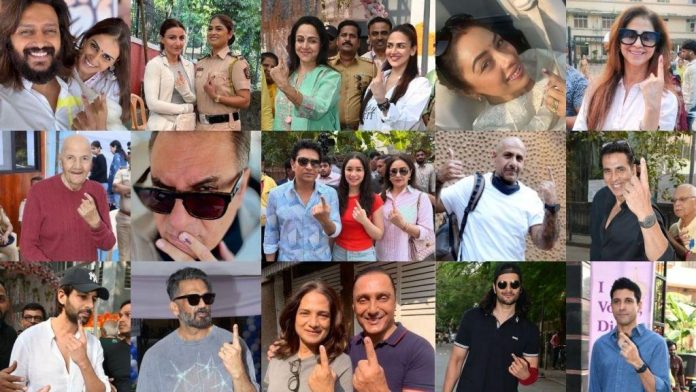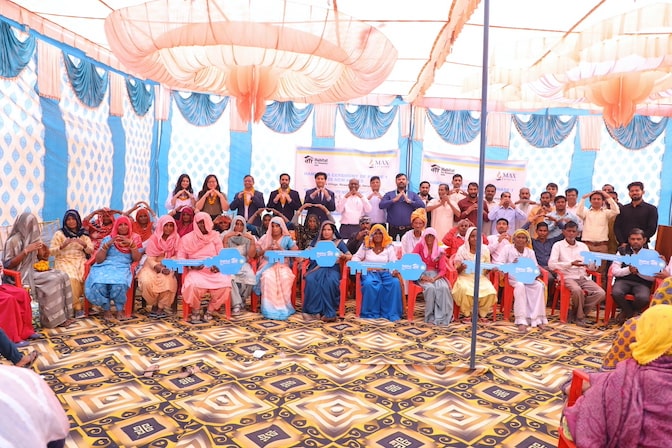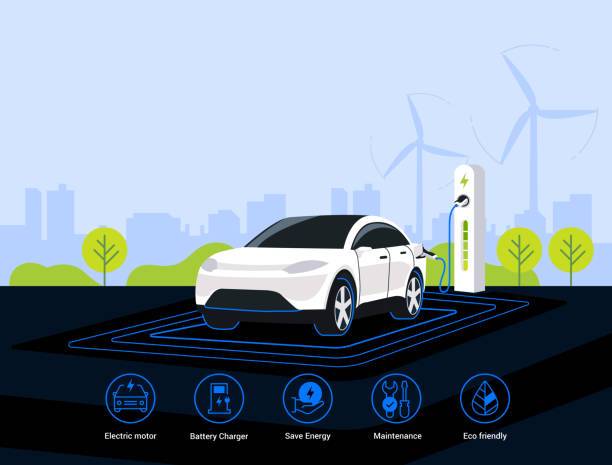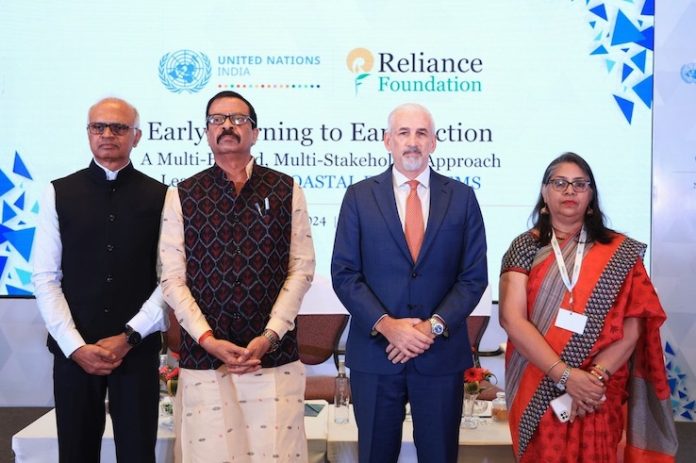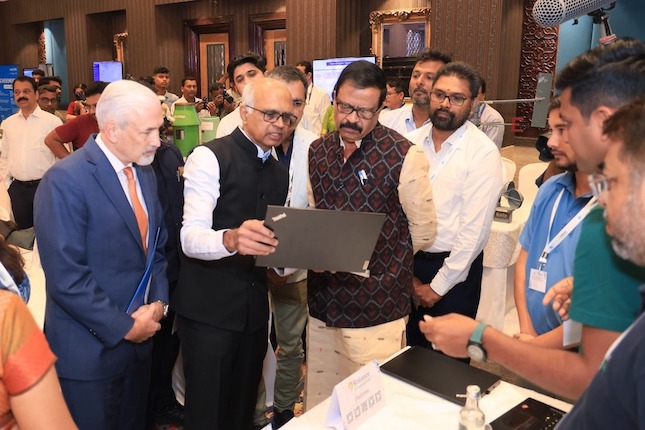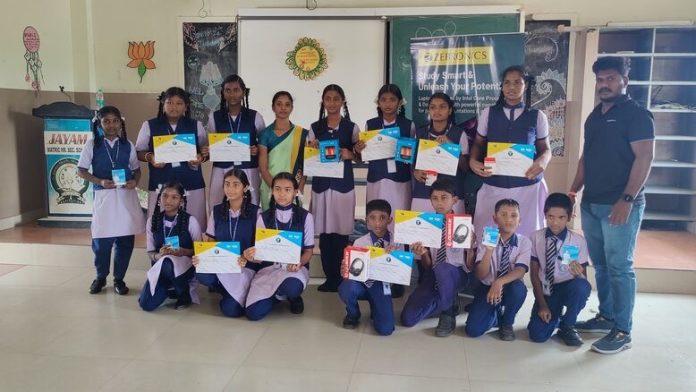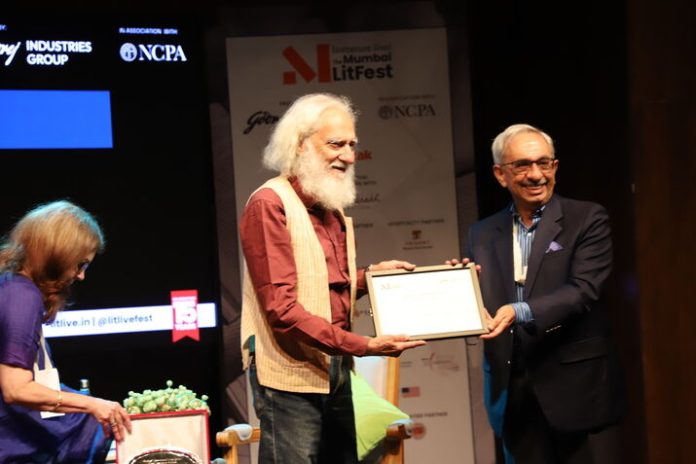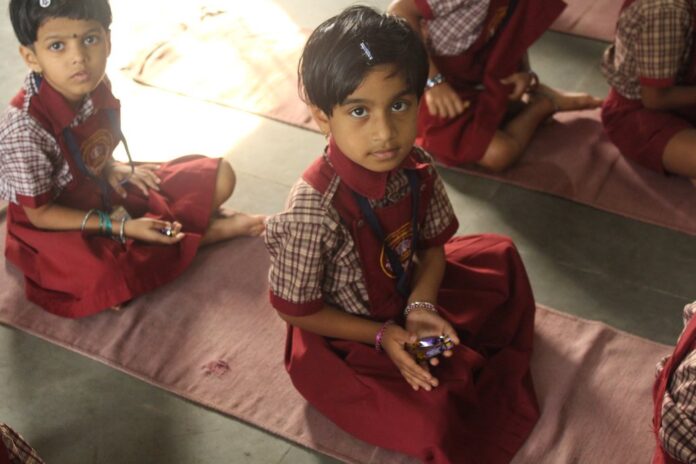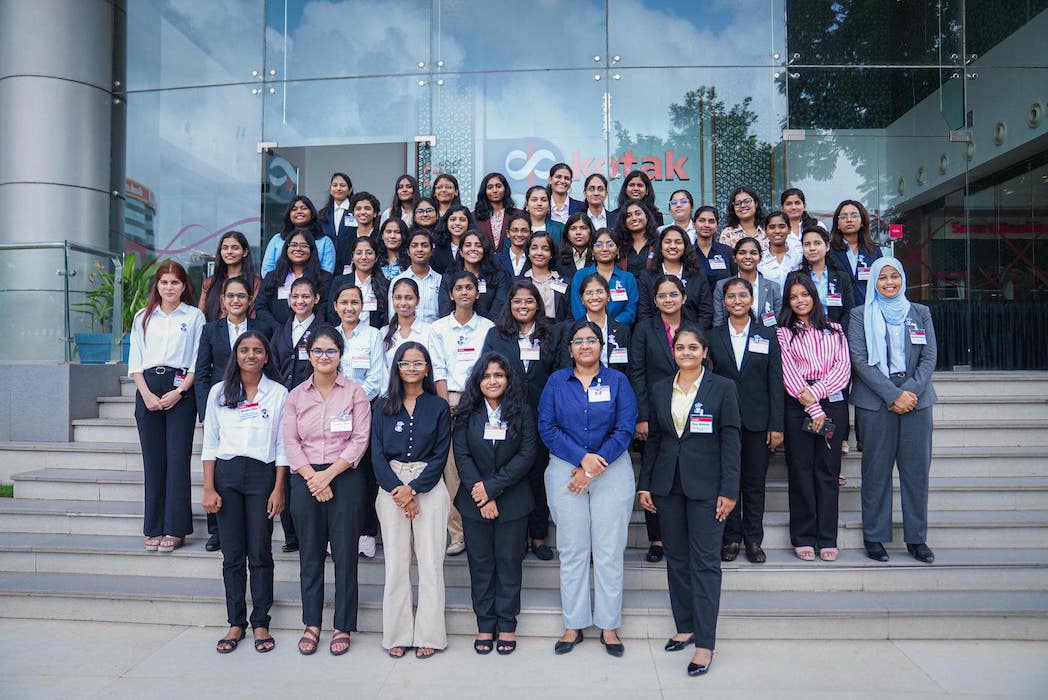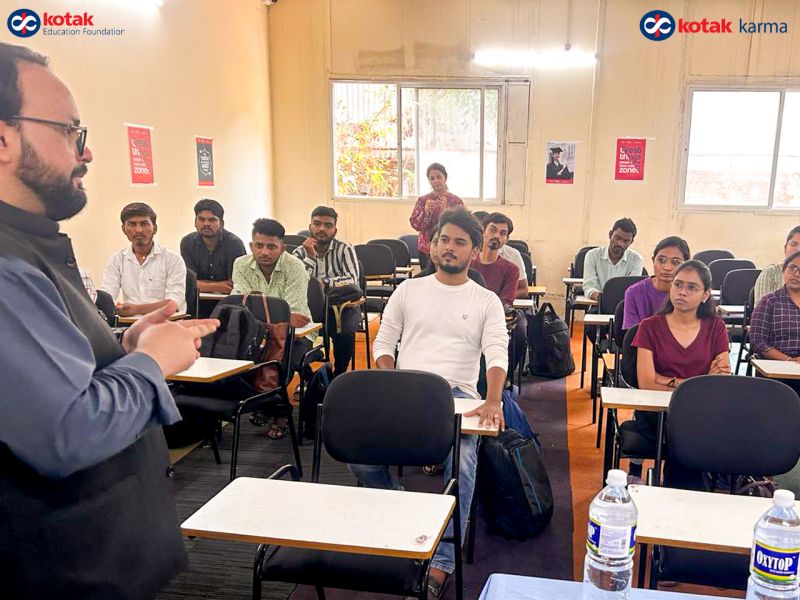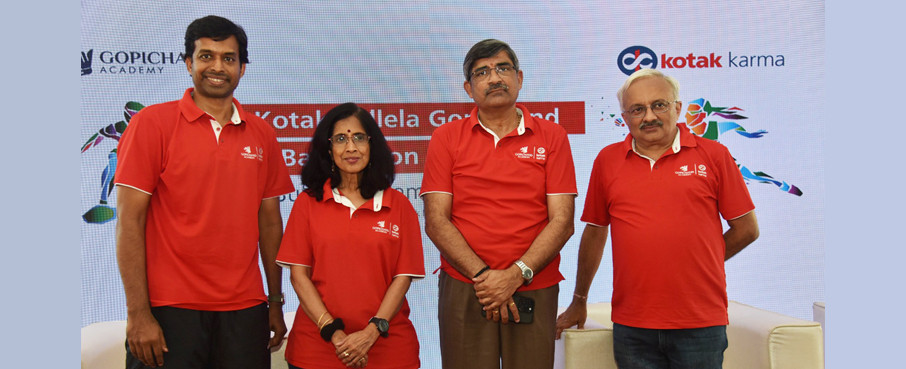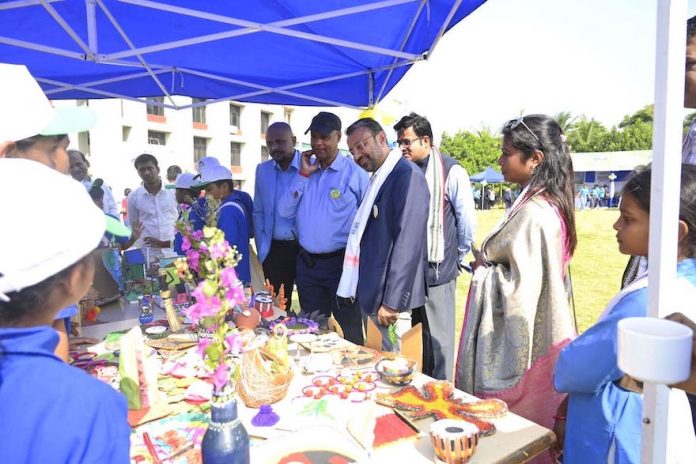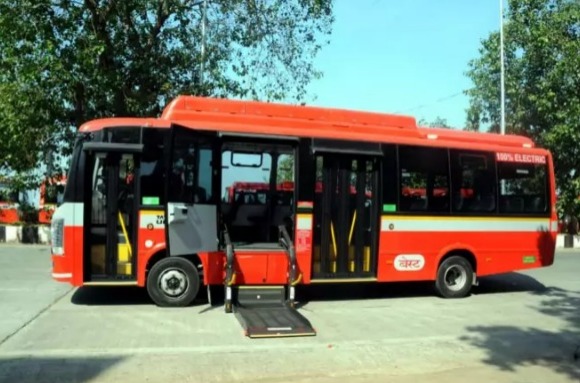As 288 seats of the Maharashtra legislative assembly undergo voting on Wednesday, celebrities from the world of cinema, sports and politicians stepped out early in the morning to exercise their democratic rights and encouraging citizens to do the same.
Urging voters of the state to fulfil their duty at the Maharashtra Elections 2024, Prime Minister Narendra Modi posted on X, “Today, votes will be cast for all the seats of Maharashtra Assembly elections. I urge the voters of the state to be a part of it with full enthusiasm and add to the splendor of the festival of democracy. On this occasion, I appeal to all the youth and women voters to vote in large numbers.”
A total of 4,136 candidates are contesting in the Maharashtra Elections 2024, where voting began as early as 7 am and will continue till 6 pm. Maharashtra has about 9.7 crore including 4.97 crore male voters and 4.66 crore female voters. There are 1.85 crore young voters (18-29), including 20.93 lakh first-time voters (18-19).
In Maharashtra Elections 2024, the battle is between the ruling Mahayuti coalition comprising the Bharatiya Janata Party (BJP), Ajit Pawar-led NCP and Eknath Shinde-led Shiv Sena and the opposition Maha Vikas Aghadi (MVA) alliance, comprising the Shiv Sena (UBT), the NCP (Sharad Pawar) and the Congress party.
Low voter turnout in Maharashtra, lowest in Mumbai
Maharashtra witnessed a low voter turnout on Wednesday morning with just 45 percent turnout till 3 pm with Mumbai being the lowest at 39 percent. Urging the citizens to cast their vote, Maharashtra CM Eknath Shinde said, “Today is the festival of democracy and everyone should participate and vote and this will strengthen Maharashtra, democracy.”
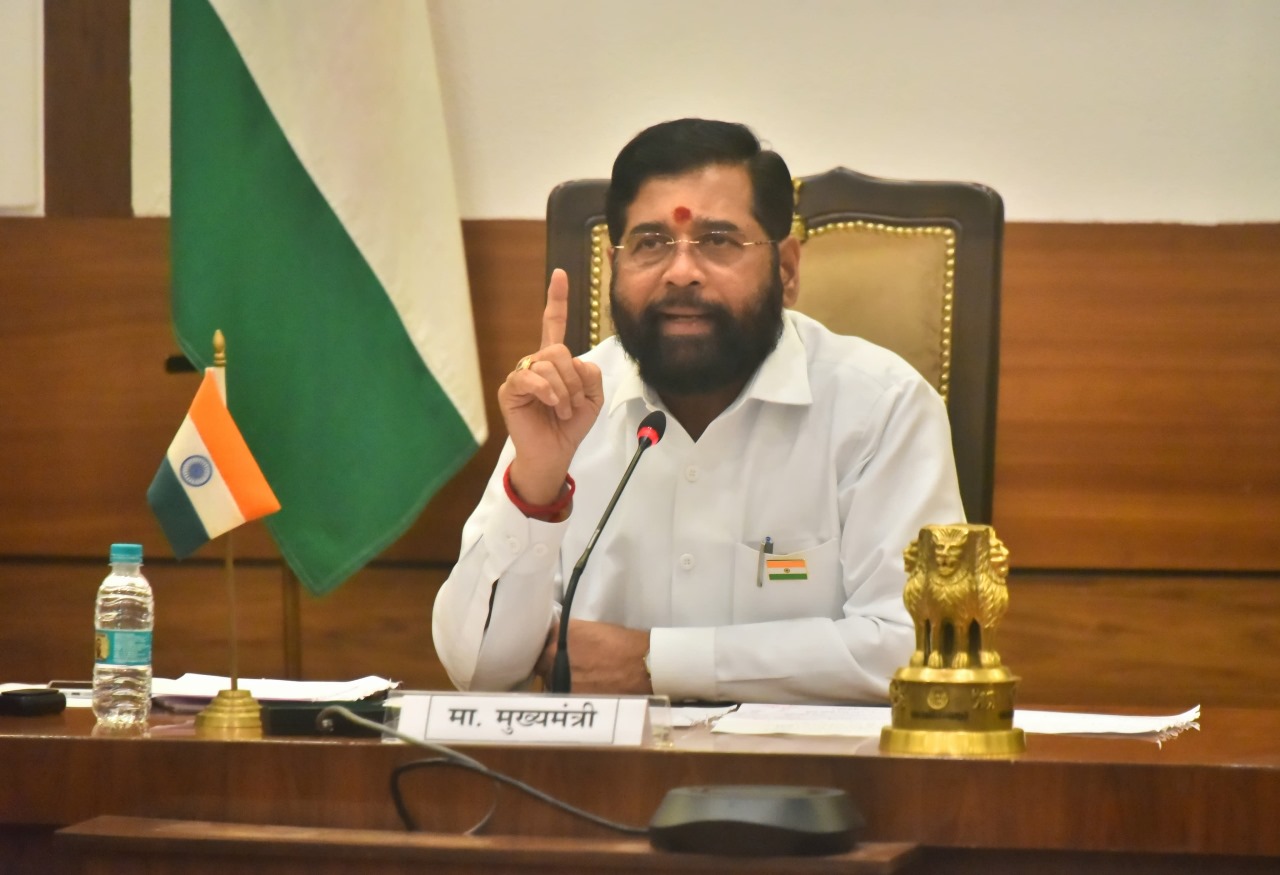
Deputy CM Devendra Fadnavis expressed, “I appeal to everyone that the festival of democracy is going on and participation in democracy is very important. For those who have expectations from their government, it is even more important for them to come out to vote. Everyone should vote.”
Reacting to the low voter turnout in the Maharashtra Elections 2024, Union Minister Ramdas Athawale expressed, “The atmosphere is good but voting percentage is low. It should be increased and people should vote. A law should be made to make voting compulsory…Mahayuti will get 165-170 seats, we will get a clear majority and our government will be formed.”
#WATCH | Mumbai: Former Indian Cricketer Sachin Tendulkar, his wife Anjali Tendulkar and their daughter Sara Tendulkar, show their inked fingers after casting vote for #MaharashtraAssemblyElections2024 pic.twitter.com/ZjHix46qmb
— ANI (@ANI) November 20, 2024
Celebs vote in Mumbai, urge people to vote
Celebrities stepped out of their homes early in the morning on Wednesday to cast their votes and encourage citizens to do the same. Former Indian cricketer Sachin Tendulkar, Bollywood stars Akshay Kumar and Rajkummar Rao were among the early voters in Mumbai on Wednesday.
Cricket legend Sachin Tendulkar who was spotted at the polling booth with his wife Anjali and daughter Sara, said, “I have been an icon of the ECI (Election Commission of India) for quite some time now. The message I am giving is to turn up and vote. It is our responsibility. I hope people will take that effort and come and vote. I urge everyone to come and vote.”
Bollywood star Akshay Kumar told the media, “The arrangements for senior citizens are great. Cleanliness has been maintained. I want everyone to come out and cast their votes.”
#WATCH | Mumbai: Actor Akshay Kumar shows his inked finger after casting his vote for #MaharashtraAssemblyElections2024
He says “The arrangements here are very good as I can see that arrangements for senior citizens are very good and cleanliness has been maintained. I want… pic.twitter.com/QXpmDuBKJ7
— ANI (@ANI) November 20, 2024
Rajkummar Rao was spotted at a polling booth in Gyan Kendra Secondary School, Mumbai. “It is our right in a democracy, so it’s important that we step outside and vote. I have performed my duty. It is your turn now. Please vote,” the actor told the press.
Actor and politician Urmila Matomndkar shared a photo on X, flaunting her inked finger and urged citizens to vote for “yourself, your children, your society and your Maharashtra.”
Several other celebrities, including notable Bollywood actors and filmmakers, also voted early in Mumbai on Wednesday. Farhan Akhtar and Zoya Akhtar were spotted voting at a polling station in Bandra.
“It is the responsibility of every citizen to go out and vote. It’s very important for the country. Don’t celebrate it as a holiday. Go and vote,” said actor Sonu Sood after he cast his vote.
Actor couple Riteish Deshmukh and Genelia D’Souza cast their votes at a polling station in Latur. While speaking to the media, actor Deshmukh showed confidence in Maha Vikas Aghadi’s victory in the Maharashtra assembly elections.
Musician Vishal Dadlani also appealed to people to come out of their homes and vote. He said, “This is your state, your country. If there is love for the state and country, please come and cast your votes.”
Film directors Kabir Khan and Zoya Akhtar, Subhash Ghai, actors Ali Fazal and John Abraham, and filmmaker and actor Farhan Akhtar too came out early to cast votes and fulfill their duty.
Lyricist Gulzar was spotted with his daughter filmmaker Meghna Gulzar at a polling booth in Mumbai. The veteran lyricist expressed, “People eagerly wait to turn 18 so that they can exercise their right to vote. Choosing a government is their right. And it is the responsibility of the media to ensure that youngsters come out to vote… The glamorous gifts which are being promised to the common man in return for votes, should not be done. The common man will not be lured and they know their real issues.”
After casting his vote, actor Kartik Aaryan said, “Please cast your vote, this is very important.”
Veteran actor Prem Chopra shared, “The arrangements at the polling booth are very nice… Even though I had the option of voting from home, I still came here to cast my vote like everyone else.”
Veteran actor Anupam Kher said, “Everything is very well organised… The officials are very nice to everyone… There is no bigger celebration in an independent country than elections… The common man keeps in mind his daily needs before he casts his vote… If someone does not vote today, they have the right to raise complaints over the next five years… Voting is cool. Be cool.”
Actor Tushar Kapoor urged people to vote saying, “Many people don’t vote because they have no interest in politics. But we should feel proud of our city and our country and we should never give up on democracy. This is the least we can do… Every vote matters.”

